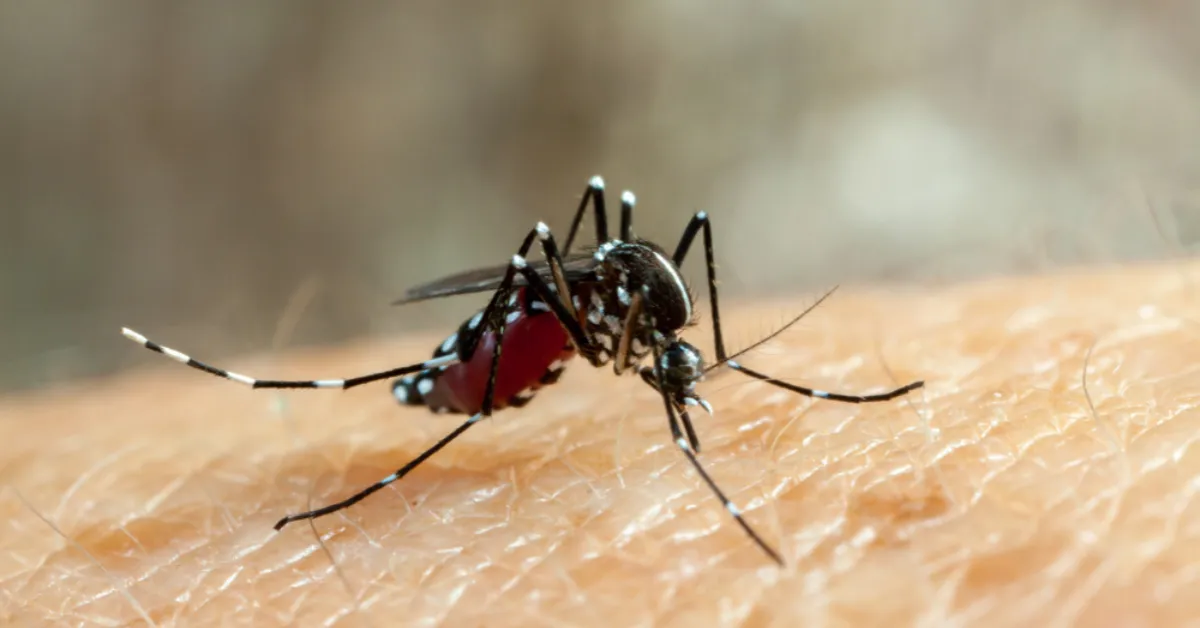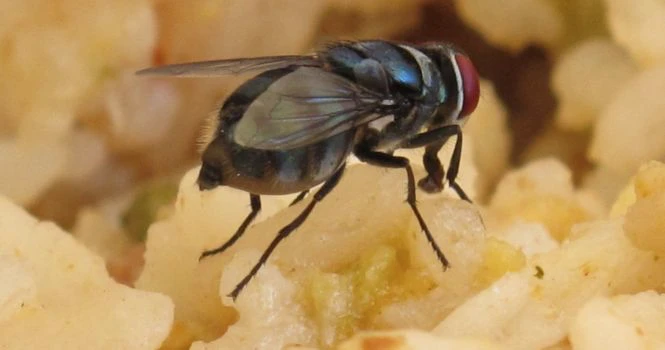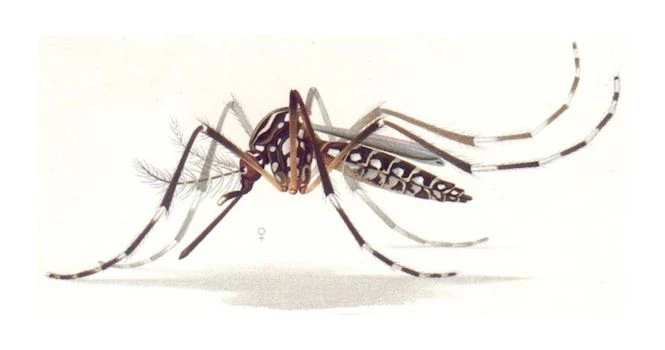A Concordant feeder potentially refers to the feeding behavior of mosquitoes that are in harmony or agreement with the transmission dynamics of the dengue virus.
Dengue fever is transmitted primarily by Aedes mosquitoes, especially Aedes aegypti and Aedes albopictus.
These mosquitoes are known for their particular feeding habits, which play a crucial role in the spread of the dengue virus:
1. Feeding Behavior: Aedes mosquitoes are daytime feeders, with peak periods early in the morning and before dusk. A “concordant feeder,” in this sense, refers to a mosquito that feeds in a manner that aligns with the activity patterns of humans, thereby increasing the chances of virus transmission.
2. Host Preference: Aedes mosquitoes have a preference for human blood over other animals. A “concordant feeder” could imply a mosquito that prefers to feed on humans, which is concordant with the transmission cycle of the dengue virus, as it requires human hosts to proliferate.
3. Blood Meal Frequency: Aedes mosquitoes are frequently involved in “interrupted feeding,” where they feed on multiple hosts in a single gonotrophic cycle (the period between taking a blood meal and laying eggs).
This behavior could be seen as “concordant” with the spread of dengue, as it increases the likelihood of the mosquito biting multiple humans, potentially spreading the virus more efficiently.
Understanding the feeding behaviors of Aedes mosquitoes is crucial for developing strategies to control dengue transmission.
Measures such as reducing mosquito habitats, using mosquito repellents, wearing protective clothing, and implementing community-wide mosquito control efforts are essential in disrupting the concordant feeding patterns that facilitate dengue spread.










